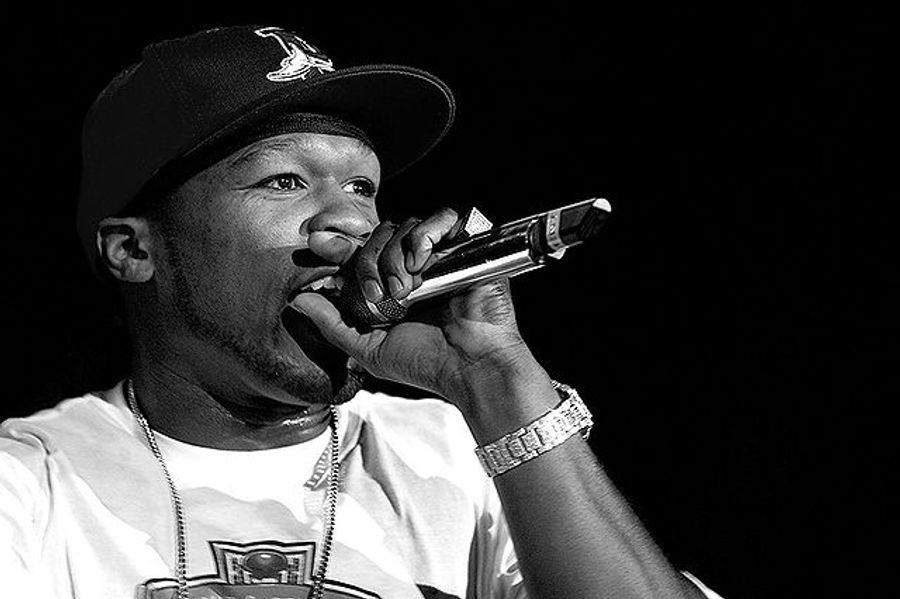When 50 Cent was growing up on the mean streets of Queens, hip-hop wasn’t the mainstream scene it is today. Instead, he was forced to seek it out at every possible opportunity, and those chances were rare.
Like many hip-hop aficionados, his first love was Eric B & Rakim. They created the blueprint for rap duos and brought the genre to a whole new audience. They were fresh, exciting, and spoke in a language which was relatable to kids like Fiddy who finally had music which was written about their life.
Their debut album, Paid In Full, was released in 1987, and although it wasn’t an immediate success in the hit parade, it remains one of the most seminal moments in hip-hop history. When Curtis Jackson first listened to the pair, he knew his destiny was to follow in their footsteps.
Speaking to NME about Paid In Full which was the first record he ever bought, Jackson said: “In those days, hip-hop wasn’t the dominant global pop culture it is now. You had to go out and find it. It’d only be on public radio for maybe an hour a day.”
He added: “I used to get my grandmother’s tape recorder, the one she used to tape church services with and use that to tape hip-hop off the radio. And with Erik B & Rakim I think was the first moment where I felt like: ‘I’ve got to own this. This is crucial.’”
Additionally, in the same article, he thanked their song ‘Juice (Know The Ledge)’ for being the decisive track which made him feel like rapping was for him.
He explained: “It was a song that made me feel like it represented my neighbourhood. Listening to it, I felt like they were painting a picture of where I lived and all the moves you needed to make in order to live on the streets there. The law of the jungle out there. It’s like: “Where’s the ledge?” Where’s the edge of what you can get away with in the hood?”
While Eric B & Rakim aren’t celebrated in the same way as the likes of Jay-Z, or Nas, if it wasn’t for their inspiration, the future of hip-hop would have looked considerably less bright.
